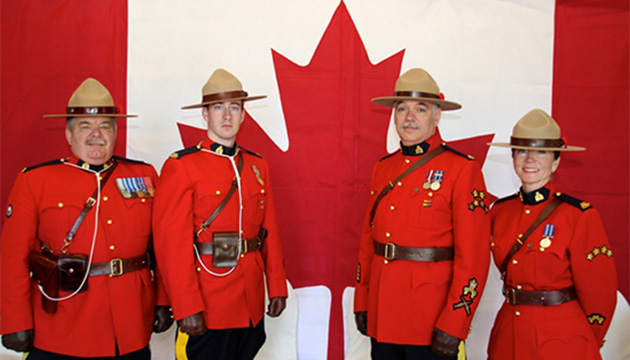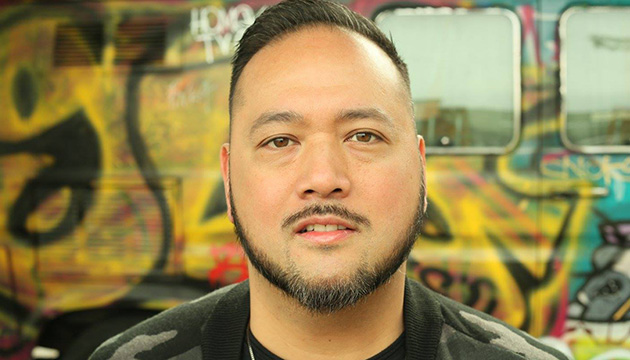Canada’s Royal Canadian Mounted Police (RCMP) has partnered with law enforcement authorities in the Philippines to protect children from sexual exploitation.
The collaboration also aims to identify and bring perpetrators of harm to justice.
In July 2019, the RCMP signed agreements with both the Philippine National Police (PNP) and the National Bureau of Investigation (NBI) in the Philippines to strengthen their existing efforts to combat crimes against children and youth.
The cooperation targets offences such as the sale of children, child prostitution and child pornography, trafficking, and other forms of child sexual abuse.
In a media release by the RCMP, Canada’s national police force explained that the collaboration will make it easier for all parties to: exchange information on suspicious persons, identify child victims, support and protect the rights of child victims during and following investigations, coordinate and execute joint or cooperative investigations, share legal and scientific instruments, and train and educate law enforcement officials in preventing and fighting sexual offences against children.
“Children and youth have the right to be protected and cared for by their family, society, and Government,” Philipe Thibodeau, acting deputy commissioner for the RCMP’s specialized policing services, said in the news release.
According to Thibodeau, the partnerships will “help fight crimes against children that seriously endanger their health and psychological well-being".
The news release also quoted Ralph Goodale, who is the federal Minister of Public Safety and Emergency Preparedness, saying, “Child sexual exploitation is an abhorrent and horrific crime that continues to place children in Canada and abroad at risk.”
Goodale also said: “Collaborative work between our two countries will better protect children from this scourge.”
The RCMP news release also stated that under Canada’s Criminal Code, a Canadian citizen or a permanent resident of Canada may be charged in Canada for a sexual offence against a child committed in a foreign country.
The release also noted that the Internet has changed the way child sexual exploitation offences are committed, investigated, and prosecuted.
According to the RCMP, the persistence of offenders to access children for sexual purposes has also given rise to the global problem of transnational child sex offenders.
The RCMP has a National Child Exploitation Crime Centre (NCECC), which was created in response to the recognition of the growing crime of Internet-facilitated child sexual exploitation.
According to the RCMP, the NCECC in 2018 received 61,174 complaints and reports pertaining to online sexual exploitation offences, representing a dramatic 616 percent increase since 2014.
The RCMP also noted that in a review of 153,000 reports of online child exploitation from 2008 to 2015, Cybertip.ca (Canada's tipline to report this crime-type), found that 78.3 percent of children in the images and videos were estimated to be under the age of 12 years old.













